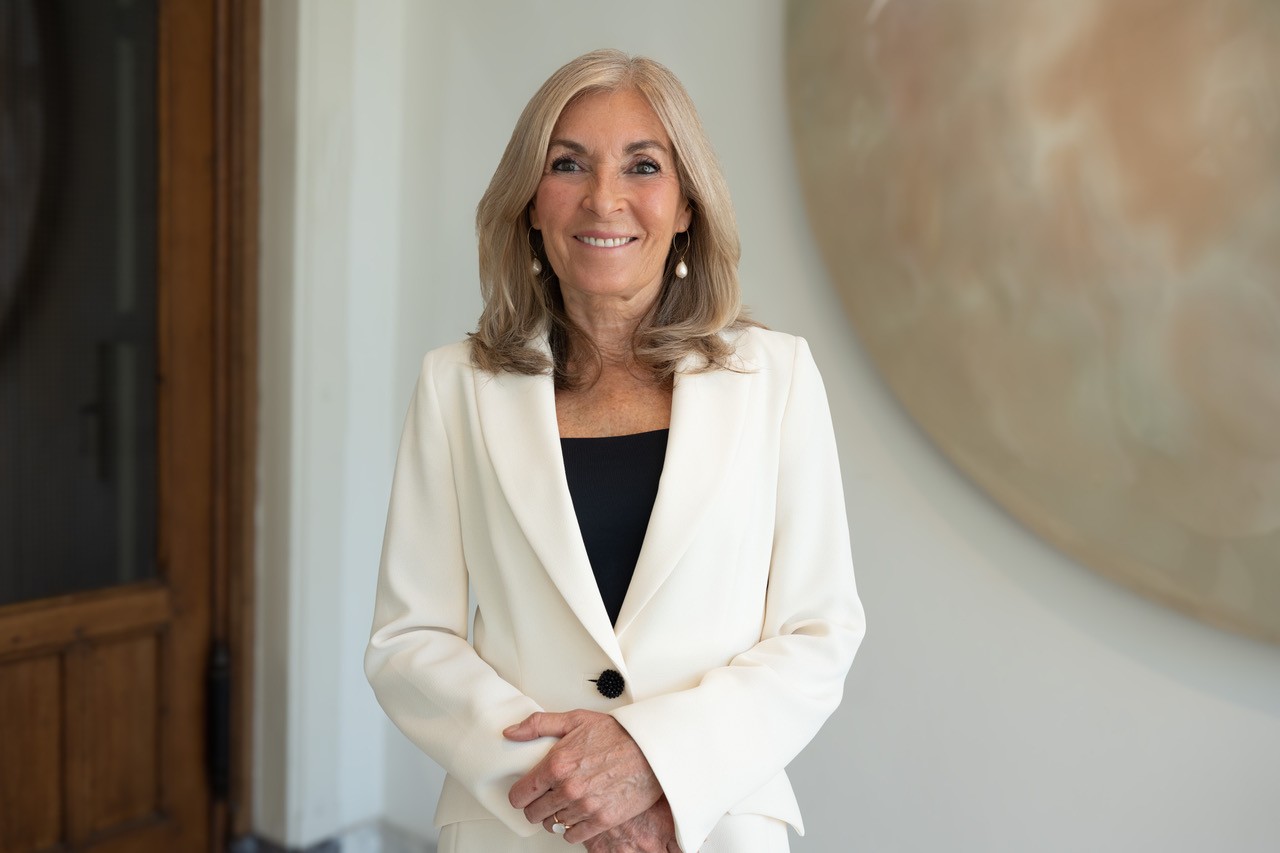Divorce and inheritance news for expats
Are you an international (expat) in the Netherlands? Are you going through a divorce? Have you received an inheritance or gift? If your answer to these questions is yes, read on…
This post was reviewed and updated on 15 July 2020
As an expat living in the Netherlands, when you come to divorce, Dutch law may apply to the division of your property. You may not realise it, but that could mean you would have to share everything with your ex-spouse, including your inheritance or gift.
Dutch law on the division of matrimonial property
If you married before January 1, 2018 without a prenuptial agreement and Dutch law applies to your matrimonial property regime, then you are married in community of property. This means that everything that you and your spouse have is part of this community.
When you come to divorce, this community of property will be divided on a 50/50 basis.
Is my inheritance or gift part of the community of property?
If you were married before January 1, 2018 and Dutch law applies to the distribution of your assets, then your foreign inheritance or gift falls into the overall community of property. That means that you will have to share your inheritance or gift with your ex-spouse unless an exclusion clause is tied to the gift or inheritance. (An exclusion clause is a clause that states that the inheritance or gift will not fall into any marital community of assets and property in which the heir or endowed is married.)
If you had already received your inheritance or gift (without exclusion clause) before you got married then there is nothing you can do about this.
If you received your inheritance or gift during your marriage, then there could be a mini escape – but only if you can prove that the person who left you the inheritance (or gift) intended for it to belong to you alone.
Let me explain this point. The mere fact that your benefactor did not know that their inheritance or gift would fall into a community of property, (because under foreign law their inheritance or gift belongs exclusively to you and they were not familiar with the Dutch community of property laws) is not sufficient for a successful appeal to the mini escape.
What would be sufficient then? I owe you that answer. You would need to be able to prove that your benefactor really intended to make the donation or inheritance exclusively for you. Without an exclusion clause or a similar written proof of the benefactor’s intention at the time, that will be very difficult, if not impossible, to prove in practice.
It may seem unfair or unreasonable to treat foreign inheritances and gifts similarly to Dutch ones, given that exclusion clauses are unknown in the rest of the world. The question is: could that help your appeal be successful?
Is Dutch law in conflict with the European Convention on Human Rights?
Recently an expat went to the Supreme Court (Hoge Raad). That is the highest court in the Netherlands. This expat stated that there is unequal treatment of domestic and foreign testators in the Netherlands and that it is therefore contrary to the European Convention on Human Rights (ECHR). This year the Supreme Court made their decision: the expat was unsuccessful.
The Supreme Court ruled: “It is about the difference between Dutch and non-Dutch survivors in terms of their familiarity with and access to that matrimonial property law rule. This difference is due to the coexistence of different legal systems and the need to apply the rules of one of the legal systems involved in an international case. This difference is not of such significance that it is possible to speak of unauthorised unequal treatment. ”
An appeal to the European Convention on Human Rights therefore no longer offers you relief. The mini escape mentioned above remains, but it is mostly theoretical.
How to prevent having to share your inheritance or gift
There are two ways to prevent sharing your inheritance with your ex-spouse:
1 – Make prenuptial agreements
In these agreements you can stipulate whether you wish to be married in community of property or not. If you have already received an inheritance or gift before you marry, this is especially important to protect your interests.
2 – Ask your parents (or other benefactors) to include an exclusion clause in their wills
An exclusion clause is a clause in a will that states specifically that the inheritance will not fall into any marital community of property. It ensures that an inheritance received during the marriage will not become part of any matrimonial community of property into which the heir(ess) is married. If you have not made prenuptial agreements, this clause could offer you the best protection.
Do you need help with divorce and inheritance?
If you need advice, please get in touch with me, or for further information, download the free whitepaper: Top 10 FAQ about divorce – for expats living in the Netherlands


